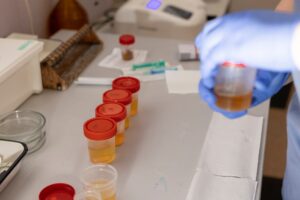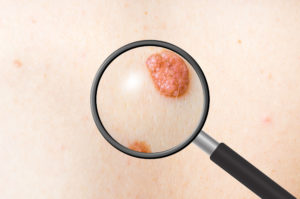The Benefits of Preventive Medicine
 Preventive medicine is a proactive approach to healthcare that emphasizes the prevention of illness and the promotion of health and well-being. By focusing on early detection, health maintenance, and disease prevention, preventive medicine offers numerous benefits for individuals and communities alike. In this post, we’ll explore these benefits in detail and show where to get help in Tampa Bay. Read More
Preventive medicine is a proactive approach to healthcare that emphasizes the prevention of illness and the promotion of health and well-being. By focusing on early detection, health maintenance, and disease prevention, preventive medicine offers numerous benefits for individuals and communities alike. In this post, we’ll explore these benefits in detail and show where to get help in Tampa Bay. Read More


 Here in Tampa Bay,
Here in Tampa Bay,  Internal medicine
Internal medicine Regular health check-ups are essential for maintaining optimal health and catching potential health issues early.
Regular health check-ups are essential for maintaining optimal health and catching potential health issues early.  Why Do I Need a Breast Exam?
Why Do I Need a Breast Exam? As an internal medicine practice constantly evolving with emerging best practices, we strongly believe in the importance of
As an internal medicine practice constantly evolving with emerging best practices, we strongly believe in the importance of  If you’ve ever been curious about what an internal medicine doctor does, you’re not alone. Many people wonder exactly what internal medicine is, or if they are even eligible to see this type of physician.
If you’ve ever been curious about what an internal medicine doctor does, you’re not alone. Many people wonder exactly what internal medicine is, or if they are even eligible to see this type of physician. According to the
According to the  A skin biopsy is the removal of layers of skin for laboratory analysis. This can be done right in your preferred doctor’s office and requires no recovery downtime.
A skin biopsy is the removal of layers of skin for laboratory analysis. This can be done right in your preferred doctor’s office and requires no recovery downtime.